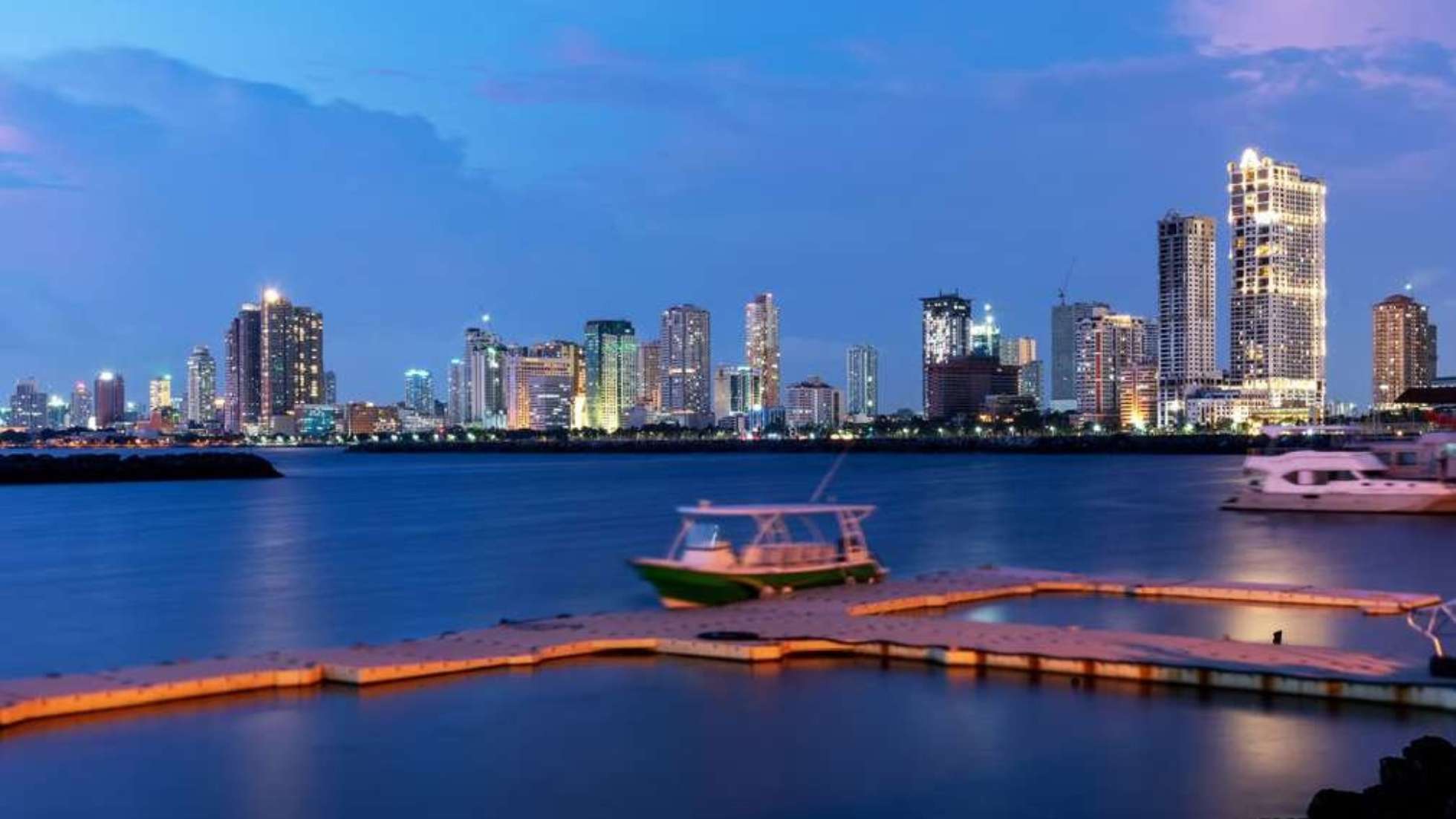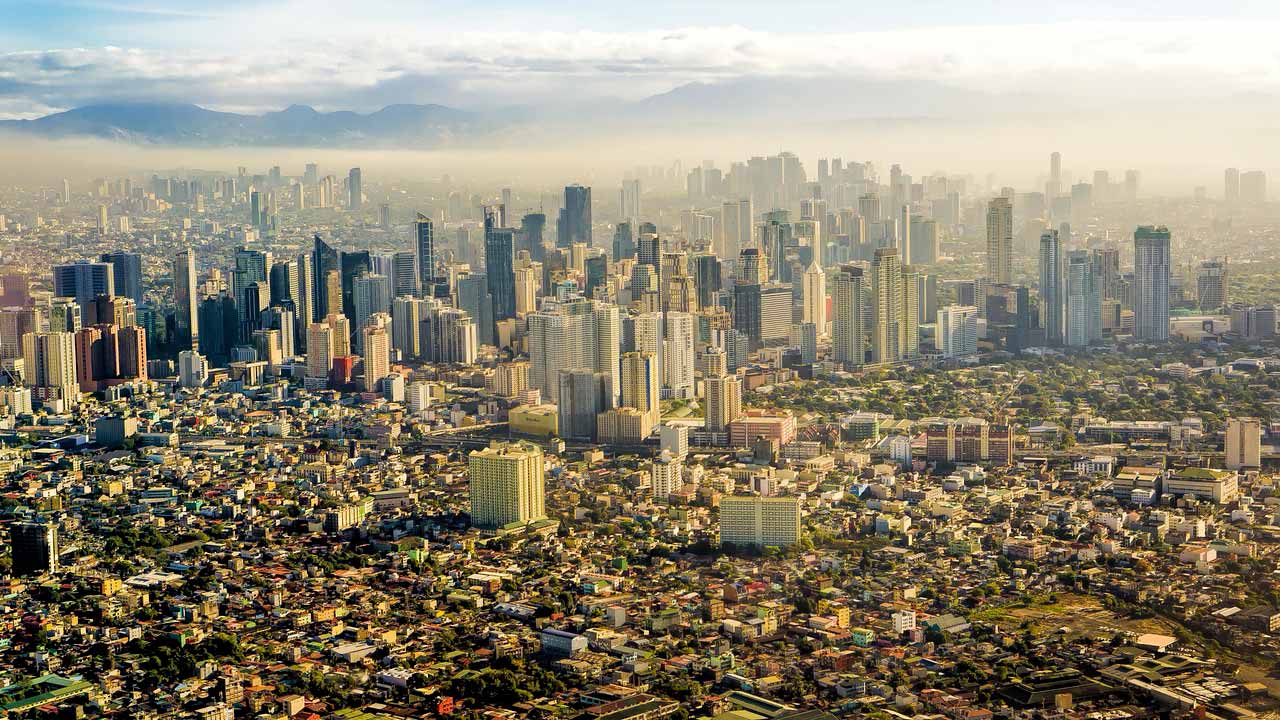
With the lifting of activity and capacity restrictions as well as masking and stay-at-home mandates in the Philippines in 2022, the country experienced a flurry of economic activity that drove growth to 7.6%, breaching official forecasts. The economy is expected to follow a steady growth trajectory in 2023 with projected gross domestic product (GDP) growth of 6% to 7%, significantly higher than the global GDP growth forecast.
Considering several landscape-changing legislative and regulatory reforms passed in 2022 that are designed to attract muchneeded capital and technology from foreign investors, certain sectors and industries are well-placed to benefit from foreign direct investments (FDIs) into the Philippines in 2023 and beyond.
Renewable Energy
A convergence of significant tailwinds serve to boost the renewable energy sector as one of the most compelling opportunities for FDIs in the Philippine at present: the government’s push for energy security and commitments towards sustainability and a green economy, the abundance of resources naturally available in the tropical archipelagic state of more than 7,000 islands, the generous fiscal and non-fiscal incentives that can be availed of under the Renewable Energy Act, and the recent easing of nationality restrictions that previously suppressed growth in this sector.
Through the Department of Energy (DOE) Department Circular (DC) No. 2022-11-0034 which took effect on 8 December 2022, the restriction for a Renewable Energy Service/ Operating Contract (RE Contract) to be awarded only to Filipinos or corporations at least 60% owned by Filipinos has effectively been removed.

This amendment is a welcome development directed to help achieve the country’s ambitious target of a 35% renewable energy share in the power generation mix by 2030, and a 50% share by 2040. Considering the significant amount of time required to bring these capital intensive projects from pre-development to commercial operations, a significant influx of FDIs vying for RE Contracts is expected this year with the proverbial opening of the floodgates.
Notably, the rationalisation of fiscal incentives under a recent tax reform law (the Corporate Recovery and Tax Incentives for Enterprise Act or CREATE) which imposed a uniform and time-bound package of incentives for qualified enterprises did not revoke the fiscal and non-fiscal incentives available to the renewable energy sector. As such, RE Developers are assured of undiminished incentives under the Renewable Energy Act such as a 7-year income tax holiday (ITH) and a 10% corporate income tax rate after the ITH.
Transportation, Logistics and Related Infrastructure
Another industry that will undoubtedly benefit from relaxation of foreign equity restrictions will be Transportation and Logistics. While operation of public utility vehicles and of seaports are still subject to nationality limitations, the following activities are now fully open to foreign investments:
- Airports;
- Railways and subways;
- Logistics and freight forwarding;
- Shipping
- Air Carriers;
- Expressways and tollways; and
- Transport network companies.
This comes after the Philippine government relaxed the stringent foreign equity restrictions under the 86-year old Public Service Act (PSA) through the passage of Republic Act No. 11659 (PSA Amendment) which eases the nationality requirement for certain industries or activities historically covered by the Constitutional restriction imposed on public utilities, effective 09 April 2022. The implementing rules and regulations of the PSA Amendment are currently being prepared by the National Economic and Development Authority (NEDA).
Technology, Media and Telecommunications (TMT)
As the Philippines rides the wave of digitalisation, TMT remains to be a leading area for deals and investments in the country, as in the rest of the region. Certain legislative amendments removing or relaxing nationality restrictions and other barriers to entry also positively increase the attractiveness of TMT for FDIs.
As The Philippines Rides The Wave Of Digitalisation, Tmt Remains To Be A Leading Area For Deals And Investments In The Country, As In The Rest Of The Region
Under the PSA Amendment, full foreign ownership in telecommunications, considered a critical infrastructure, is now allowed provided that the country of such foreign national accords reciprocity to Philippines nationals as may be provided by foreign law, treaty or international agreement. Otherwise, if reciprocity is not established, foreign ownership may be allowed up to 50%.
In the e-commerce space, the Philippine Congress recently passed RA No. 11595, which amended the Retail Trade Liberalization Act (RTLA) and relaxed the basic requirements for a foreign retailer (whether through a physical or an online store) to engage in retail business in the Philippines, limiting the same to the following:
- Minimum paid-up capital of Twenty-Five Million Pesos (around USD450,000);
- Reciprocity granted by the country of origin to Filipino retailers; and
- Minimum investment per store requirement of Ten Million Pesos (around USD180,000) if the foreign retailer will engage in retail trade through more than one (1) physical store.
As for tech start-ups, the Foreign Investments Act (FIA) was recently amended through Republic Act No. 11647 which relevantly provides a lower capitalisation threshold of USD100,000 (instead of USD200,000) agencies under the Innovative Startup Act, or those Involving advanced technology as determined by the Department of Science and Technology.
Others
Apart from the foregoing strong contenders for FDIs into the Philippines in the coming years, other promising areas of investment are real estate, healthcare, manufacturing, financial services and tourism, among others.

Kristin Charisse C. Siao, V&A Law
Atty. Kristin Charisse C. Siao is a highly regarded Corporate and M&A Partner of V&A Law, with complementary expertise in Tax and Competition Laws. She previously acted as general counsel for a leading renewable energy company in the Philippines. kc.siao@thefirmva.com

Carlo Augustine A. Roman, V&A Law
Atty. Carlo Augustine A. Roman is a Senior Associate of the Firm’s Corporate and Commercial Law Department, with extensive experience in government contracts, energy, and special projects, among others. Carlo regularly conducts due diligence for prospective mergers and acquisitions and has advised investors on various regulatory issues under Philippine law. cg.roman@thefirmva.com
This article was published in Feb 2023 issue of IHC Magazine. You can read the full magazine by clicking here.



















